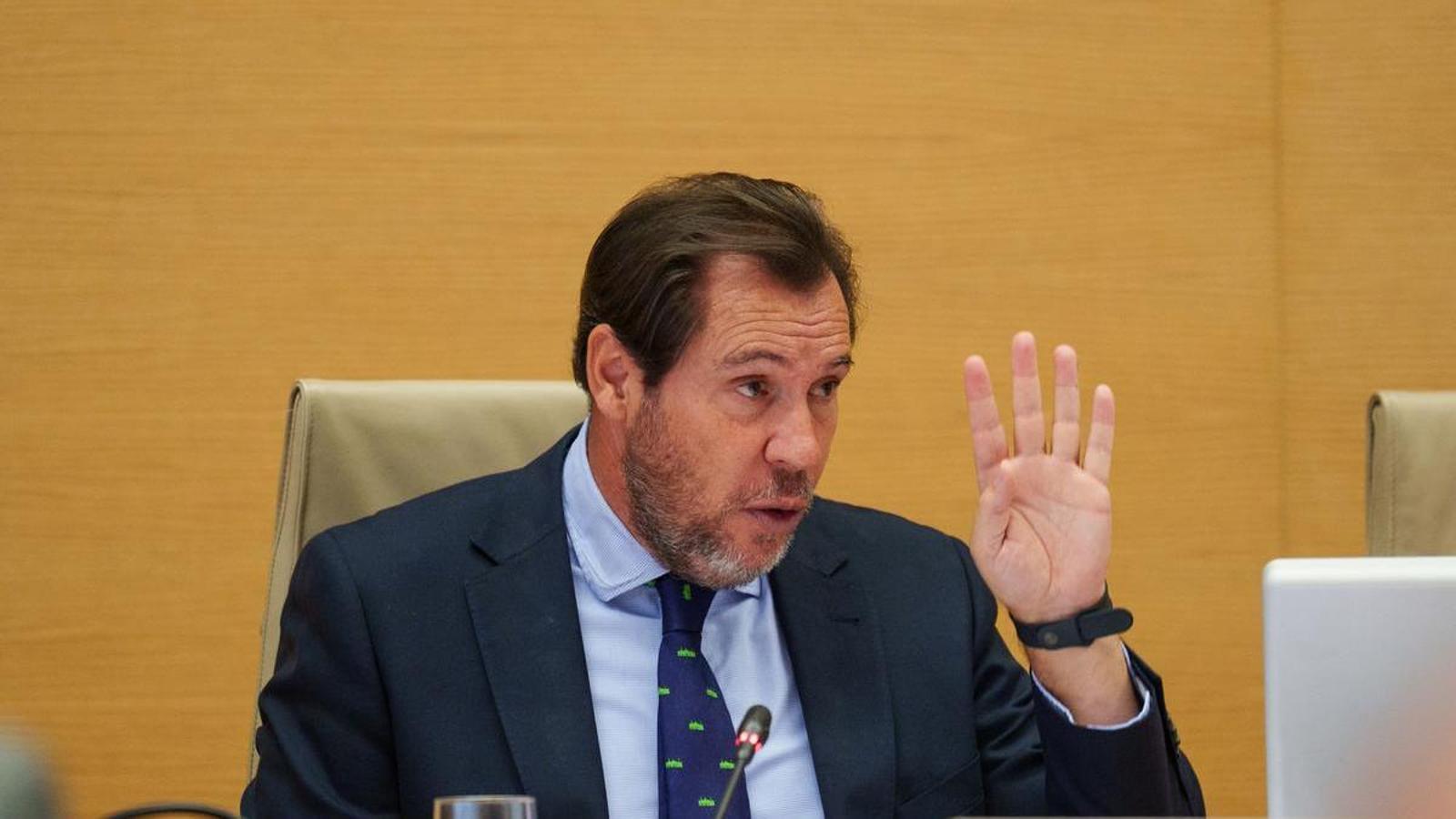The minister arrives late, like the commuter trains


"Cercanías is the oldest network in every sense and the one that has suffered the worst treatment," said this Thursday the Minister of Transport, Óscar Puente, in his appearance before the Senate to explain the latest railway incidents in Spain. Congratulations, Minister. Thank you for acknowledging this, but it's too late to acknowledge something that we long-suffering Catalan commuters have known for years. The mistreatment that infrastructure in Catalonia, especially railways, has suffered and continues to suffer is the result of the mismanagement, or bad faith, of many Spanish governments, both Socialist and Popular, who have made a lot of promises and put budget allocations on paper, only to fail to deliver, and the money has ended up elsewhere.
This is a clear reality. Therefore, when the minister on Thursday drew up national averages and claimed that the Spanish long- and medium-distance rail network is second only to Switzerland in punctuality, frankly, in Catalonia it almost sounds like an insult. If his data includes the Catalan incidents, this possibly means that trains are running like clockwork in the rest of Spain, because only in the Tarragona area do delays and incidents accumulate to lower the average by several points. If we talk about the Cercanías (local trains), the average is even more insulting. Junts MP Isidre Gavín explained this well when he compared the serious disruptions between January and October 2023 on the Cercanías (local trains) and the Cercanías (local trains) in Madrid. While the Catalan network accumulated 10,267 serious incidents, the Madrid network recorded 1,694, according to the data provided by Gavín. Now, if we pay attention to the Spanish media and political parties, there only seems to be railway chaos when an incident affects Madrid or another town outside Catalonia. The case of Catalonia, being already chronic, is taken for granted.
The minister has acknowledged that the problem is the lack of investment and the age of the trains and has assured that a good portion of the 500 new trains that will be incorporated into the intercity networks starting in 2025—at a rate, he says, of two per week—will be for the Cercanías (local rail) network. The change in management, he says, will take place. But it doesn't solve the problem of the lack of investment. And he's right about this: if the road infrastructure isn't improved and new trains aren't installed, the problems will continue. But we hope that the change in management, which must be accelerated, will at least serve to improve another weak point of the Cercanías service and of all Renfe: customer information and service. The current service is shameful, but so is the general disdain for the current operator's users. Add to this the boycott and strikes by staff who oppose the transfer of service—which further torment users—and the discontent is overwhelming. This fall will once again be a test of fire for the service, and beyond the promises, it would be necessary for what could be improved to finally improve.
